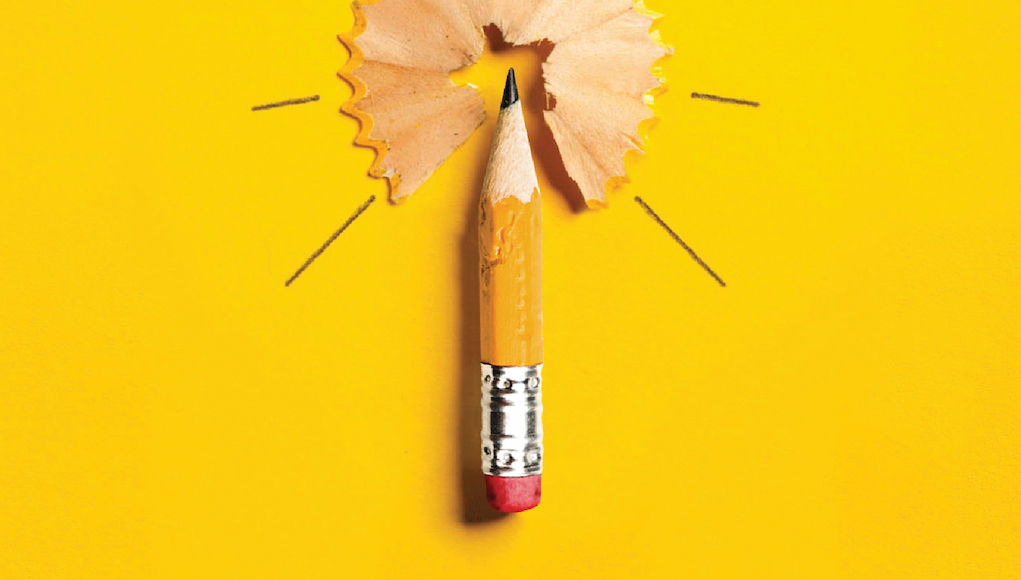
What School Could Be Final Thoughts
Overall, what are your thoughts on this book and what it has to say? What actions will you take as a result? What will you do differently in class? What do you hope RCISD does going forward?

Overall, what are your thoughts on this book and what it has to say? What actions will you take as a result? What will you do differently in class? What do you hope RCISD does going forward?

Set A: If you were trusted to design an accountability framework for your district, what would it look like? How could you ensure outsiders that your accountability approach is authentic?
Set B: Could your school organize its own “Billy Madison Project”? Would you be willing to work with others in this study to invite representatives of your community to spend a day in the shoes of a student — either by shadowing a student or participating in a special day you organize? How would you go about facilitating this?

Set B: What is your view of education reform policies that push for higher test scores and more high-school graduates going to four-year college? Do you agree with Arne Duncan’s defense? Or more with these teachers? What has been gained and lost with this focus? Do you agree with the author that this reform-agenda focus threatens our democracy?

Set A: If parents are too involved, how can we help them realize that a micro-managed child isn’t prepared to thrive as an adult? How can we, as teachers, better prepare students to thrive as adults? How can we help parents understand that we are acting in their children’s best interest?
Set B: What is the role of culture-based and place-based learning in your Texas? The author argues that our goal in language arts should be to foster a love of language in our students and start with what engages the child. How would you view a school that prioritized hip-hop over Shakespeare?

Set A: What would happen if the main goal of a course was to get students excited about the topic? This coming school year, would you be willing to ask students at the beginning and end of each course, “How interested are you in this subject?” How would you propose you be held accountable for making changes based on the answers, if necessary?
Set B: In college, what experiences stood out for you? How much did you learn in your lecture courses? In a world where college lecture courses are available online for free, why do you think so many pay so much to attend college? Is higher education leveling America’s playing field, or further tilting it?